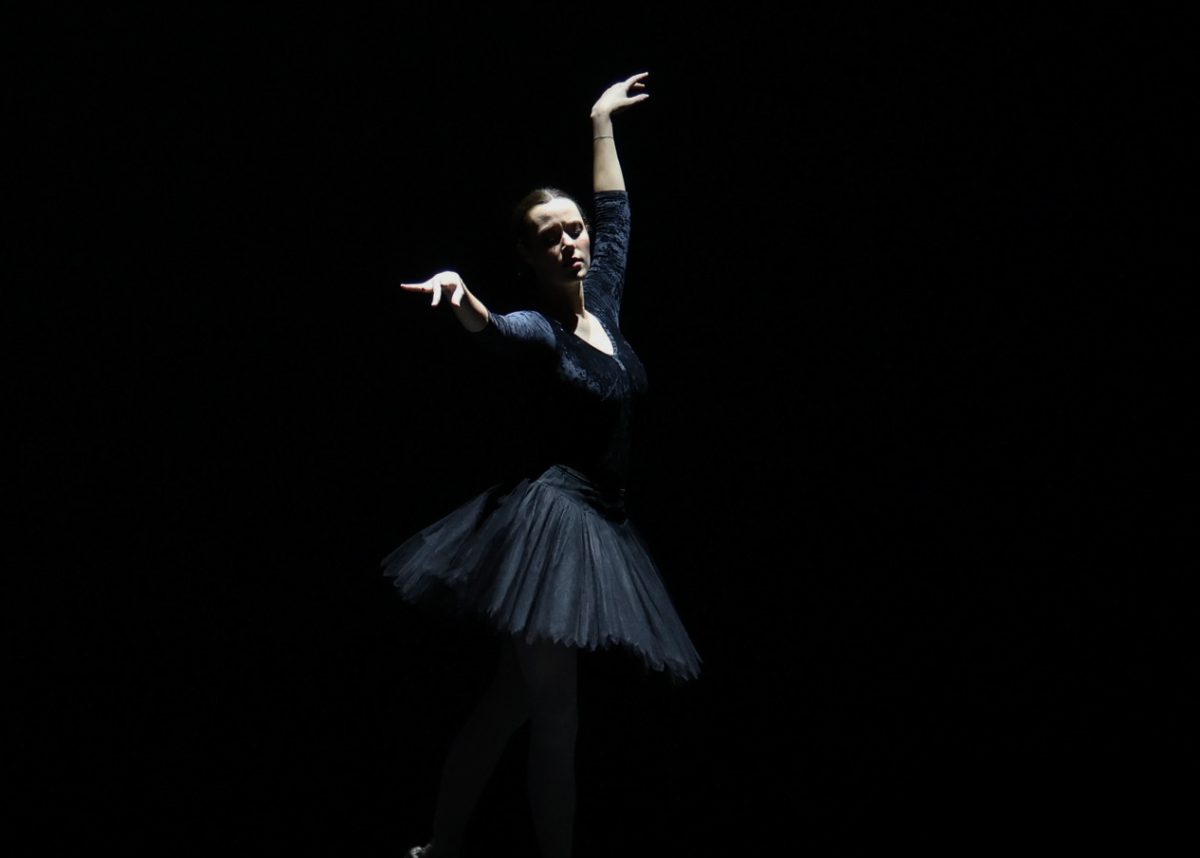At first glance, “Transcendence” seems like an obvious choice for Wally Pfister, making his directorial debut after a long stint as Christopher Nolan’s cinematographer. Much like Nolan’s “Inception,” it grapples with massive sci-fi ideas and has visual-effects-driven action scenes. Unfortunately, the film’s ham-fisted script wastes an overqualified cast, and while Pfister does a serviceable job behind the camera, “Transcendence” is a misfire.
Johnny Depp stars as Will Caster, a charismatic scientist on the verge of a breakthrough in the field of artificial intelligence. After an assassination attempt leaves him poisoned, his wife Evelyn (Rebecca Hall) teams up with fellow programmer Max (Paul Bettany) to import his consciousness into a computer. As Will is drawn further into the limitless powers of his character, Evelyn begins to wonder how much of her husband is left in the increasingly powerful machine.
“Transcendence” starts strong, framing the implications of an all-powerful artificial intelligence as a chilling cautionary tale. But as Will becomes near-omniscient, the film’s science grows sillier, and some of the elements the film introduces in the later half are so improbable that the characters don’t even attempt to explain them. A few of the more outlandish ideas would be a little easier to swallow with a cast genuinely committed to selling them, but that’s not the
case here.
Among the film’s impressive ensemble, Rebecca Hall is the only one who emerges unscathed, making Evelyn’s passion and conflicts palpable and moving. Unfortunately, her character is hugely passive throughout the film, existing mostly as a tool to enable Will. Depp, meanwhile, is completely unengaged, turning in a performance that sheds his oddball charm in exchange for monotone disinterest.
Bettany is perhaps the biggest victim of Jack Paglen’s script, which frames Bettany’s character as a driving force for the narrative but keeps the decisive moment in his arc offscreen. Co-stars Morgan Freeman, Kate Mara, and Cillian Murphy are also underused, and the biggest mistake Pfister makes is the egregious waste of this excellent cast.
Though he has yet to master the intricacies of story and character, Pfister establishes himself as a capable visual filmmaker. The massive underground data center Will designs is a suitably unsettling, sterile location for the film’s second half, and Pfister displays a strong affinity for mesmerizing shots of nanoparticles in scientifically improbable action. But he flubs a few moments, particularly in a climactic action beat where he cuts away from a pivotal moment at the exact moment the audience needs to see what’s happening.
No one could blame Pfister for wanting to step into the director’s chair after his exemplary work on the “Batman” films, but “Transcendence” feels like the product of a long list of called-in favors. While Pfister shows promise, the film’s script is a black hole that sucks the talent out of everyone in its gravitational pull, and “Transcendence” never manages to transcend beyond the shortcomings of its story.





















